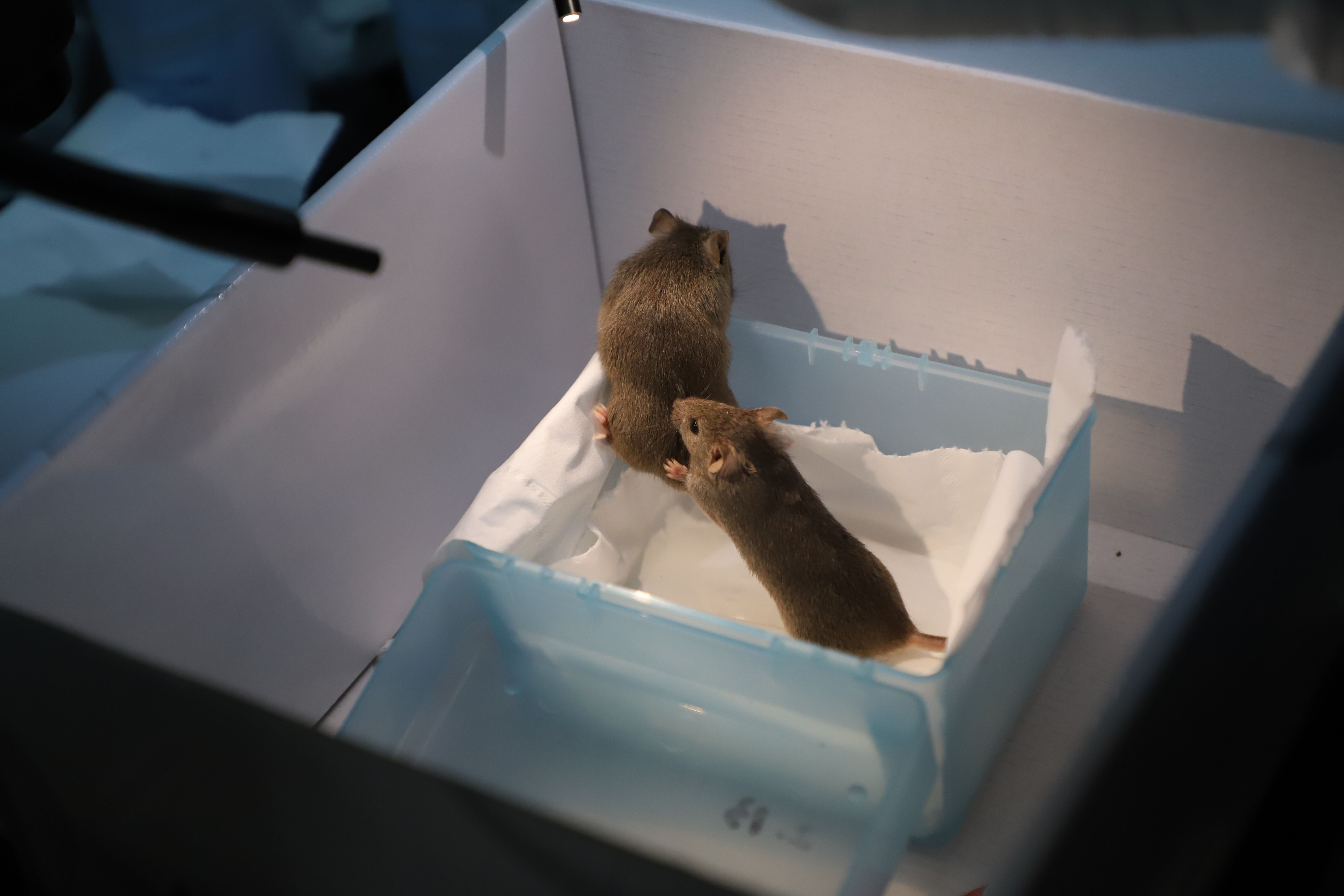For the first time, scientists have created a bi-paternal mouse – that is, a mouse with two male parents – which survived until adulthood. The breakthrough represents a huge step forward in the field and has the potential to impact many areas of science, from regenerative medicine to conservation, while furthering our understanding of mammalian reproduction.
ADVERTISEMENT GO AD FREE
Previously, researchers have created mice with two mothers; however, attempts to do the same for mice with two fathers, by deriving an egg cell from male pluripotent stem cells and fertilizing it with sperm from another male, have been less successful. The embryos develop until a point, but eventually stop growing, hindered by a process known as genomic imprinting. This happens when certain maternal or paternal genes are shut down during development, and it is a fundamental barrier to unisexual reproduction in mammals.
To address these limitations, the team used a CRISPR/Cas9-based gene editing technology to target 20 genes responsible for imprinting.
“These genes exhibit different expression patterns depending on the parental genome and have been considered a major potential barrier to unisexual reproduction. Our method allowed us to modify these genes, overcoming the challenges that previously hindered the creation of viable bi-paternal mice,” co-corresponding author Zhi-kun Li of the Chinese Academy of Sciences told IFLScience.
In doing so, the team were able to generate bi-paternal mice that survived to adulthood – a world first.
This research is fundamental science, and while gene editing of this nature is not applicable to humans, it provides insight into the genetic barriers of unisexual reproduction in mammals.
Zhi-kun Li
“Interestingly, this was not achieved by modifying the lethal imprinted regions, which would typically result in embryo death,” Li added. “Instead, we progressively edited genes, many of which are involved in overgrowth traits, and through this cumulative approach, we were able to produce viable adults.”
ADVERTISEMENT GO AD FREE
The researchers also found that edited embryonic stem cells demonstrated improved developmental efficiency compared to controls and that bi-paternal mice had enhanced cloning efficiency compared to their wild-type counterparts – which means the novel methodology could have really useful applications.
“We believe that the gene-editing techniques we developed for imprinted genes could have significant applications in regenerative medicine and cloning research, particularly for stem cell-based therapies,” Li told IFLScience.

Two of the surviving bi-paternal mice.
Image courtesy of Li et al., Cell Stem Cell, 2025
The findings provide strong evidence that imprinting abnormalities are the primary barrier to unisexual reproduction in mammals – although the study is not without its limitations.
Although bi-paternal mice did develop to adulthood for the first time, more than half failed to mature, and for those that did, their survival rate was relatively low. Most of the mice that made it to maturity had altered growth and a shortened lifespan, and all of them were sterile.
ADVERTISEMENT GO AD FREE
However, with some tweaks to their method, the team are optimistic these issues could be fixed.
“This research is fundamental science, and while gene editing of this nature is not applicable to humans, the key takeaway is that our study provides insight into the genetic barriers of unisexual reproduction in mammals,” Li added.
“It also holds potential value for regenerative medicine and conservation efforts, such as the preservation of endangered species. […] The bi-paternal mice in our study are not intended to serve as models for human reproduction but provide important clues about mammalian reproduction and genetic imprinting.”
The study is published in Cell Stem Cell.
Source Link: World First As Mouse With 2 Dads Survives To Adulthood